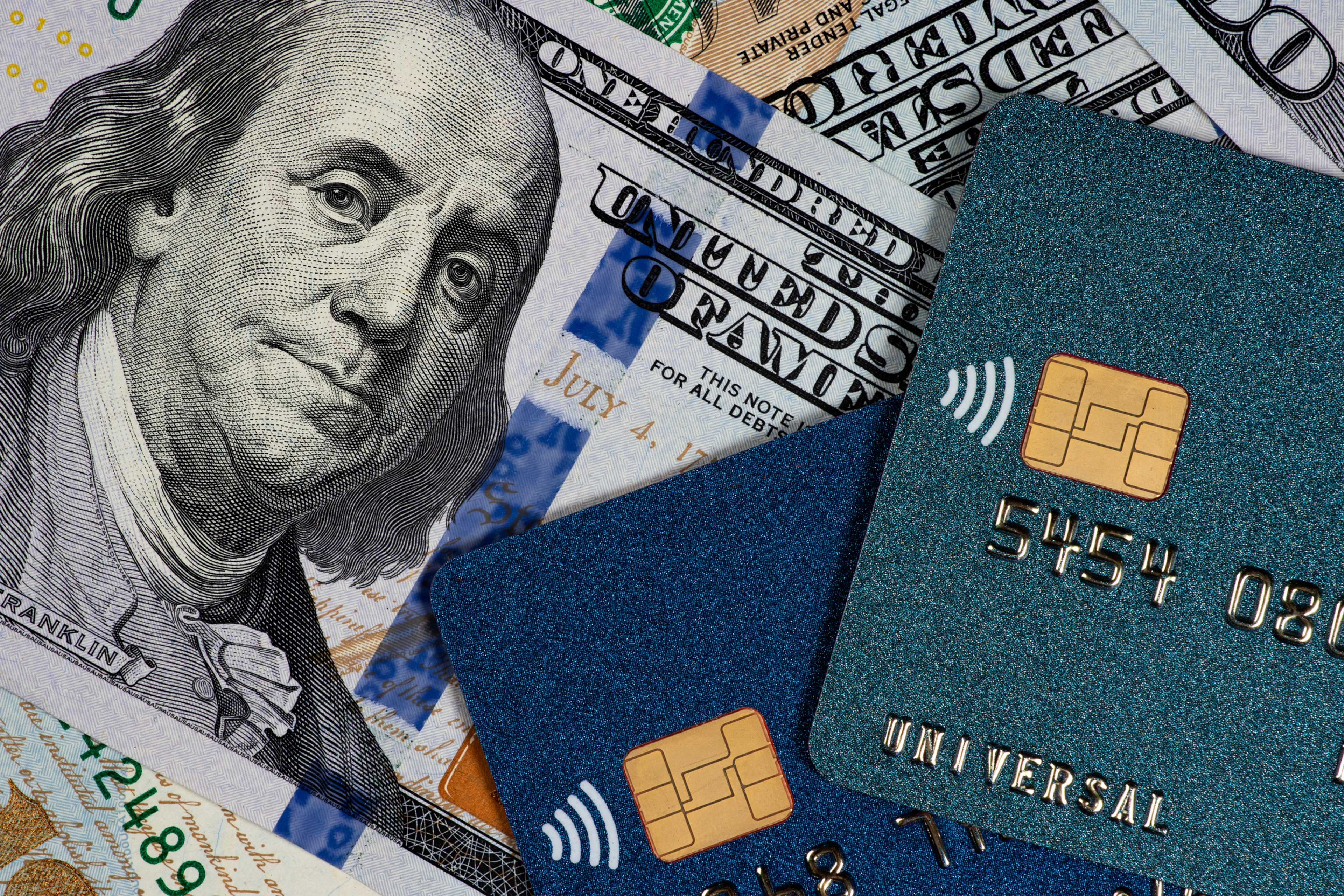
CFPB Issues Another Supervisory Highlights on Junk Fees
On Oct. 11, 2023, the Consumer Financial Protection Bureau (CFPB) issued its second Supervisory Highlights this year providing an update on the CFPB’s efforts to curb junk fees. The agency’s initiative has resulted in financial institutions refunding over $140 million to consumers. The CFPB is particularly focused on the impact of three types of (what it deems) junk fees:
- Representment fees
- Returned deposit fees
- Authorize positive settle negative fees (APSN)
Representment Fees
A representment occurs when, after declining a transaction because of insufficient funds and assessing a nonsufficient funds (NSF) fee for the transaction, the consumer’s account holding institution returns the transaction to the merchant’s depository institution, and the merchant presents the same transaction to the consumer’s account-holding institution for payment again. In some instances, when the consumer’s account remains insufficient to pay for the transaction upon re-presentment, the account holding institution returns the transaction to the merchant and assesses another NSF fee for the transaction, without providing consumers a reasonable opportunity to prevent another fee after the first failed presentment attempt. Absent restrictions on the assessment of NSF fees by the consumer’s account holding institution, a cycle that can occur multiple times, can result in multiple fees for a single transaction. The CFPB expects financial institutions to work with their core processors to eliminate representment fees.
Returned Deposit Fees
Returned deposit items fees are fees assessed to consumers when an institution returns an unprocessed check the consumer attempted to deposit into his or her checking account. The CFPB believes it is likely an unfair act or practice for an institution to have a blanket policy of charging return deposit item fees anytime a check is returned unpaid, irrespective of the circumstances or patterns of behavior on the account. The agency has observed most financial institutions have eliminated these fees, while others are in the process of doing so.
APSN Overdraft Fees
APSN overdraft fees occur when financial institutions assess overdraft fees for debit card or ATM transactions where the consumer had a sufficient available balance at the time of the authorized transaction, but given the delay between authorization and settlement, the account balance is insufficient at the time of settlement. The CFPB expects financial institutions to stop charging APSN fees and conduct a lookback to identify and reimburse customers/members for past APSN fees.
Should you have questions about how your regulatory compliance program is impacted by junk fees, contact Doeren Mayhew’s regulatory compliance specialists today.



